I developed a solution as follows:
CREATE TABLE [dbo].[Table1](
Id int not null,
Name nvarchar(250) not null,
Tag nvarchar(250) null,
) ON [PRIMARY]
GO
CREATE TABLE [dbo].[Table2](
Id int not null,
Name nvarchar(250) not null,
Tag nvarchar(250) null,
) ON [PRIMARY]
GO
get sample data for Table1, it will insert 28000 records
INSERT INTO Table1
SELECT CustomerID,CompanyName, (FirstName + ',' + LastName)
FROM AdventureWorks.SalesLT.Customer
GO 3
sample data for Table2.. i need same tags for Table2
declare @tag1 nvarchar(50) = 'Donna,Carreras'
declare @tag2 nvarchar(50) = 'Johnny,Caprio'
get sample data for Table2, it will insert 9735 records
INSERT INTO Table2
SELECT ProductID,Name, (case when(right(ProductID,1)>=5) then @tag1 else @tag2 end)
FROM AdventureWorks.SalesLT.Product
GO 3
My Solution
create TABLE #dt (
Id int IDENTITY(1,1) PRIMARY KEY,
Tag nvarchar(250) NOT NULL
);
I've create temp table and i will fill with Distinct Tag-s in Table1
insert into #dt(Tag)
SELECT distinct Tag
FROM Table1
Now i need to vertical table for tags
create TABLE #Tags ( Tag nvarchar(250) NOT NULL );
Now i'am fill #Tags table with While, you can use Cursor but while is faster
declare @Rows int = 1
declare @Tag nvarchar(1024)
declare @Id int = 0
WHILE @Rows>0
BEGIN
Select Top 1 @Tag=Tag,@Id=Id from #dt where Id>@Id
set @Rows =@@RowCount
if @Rows>0
begin
insert into #Tags(Tag) SELECT Data FROM dbo.StringToTable(@Tag, ',')
end
END
last step : join Table2 with #Tags
select distinct t.*
from Table2 t
inner join #Tags on (',' + t.Tag + ',') like ('%,' + #Tags.Tag + ',%')
Table rowcount= 28000 Table2 rowcount=9735 select is less than 2 second
